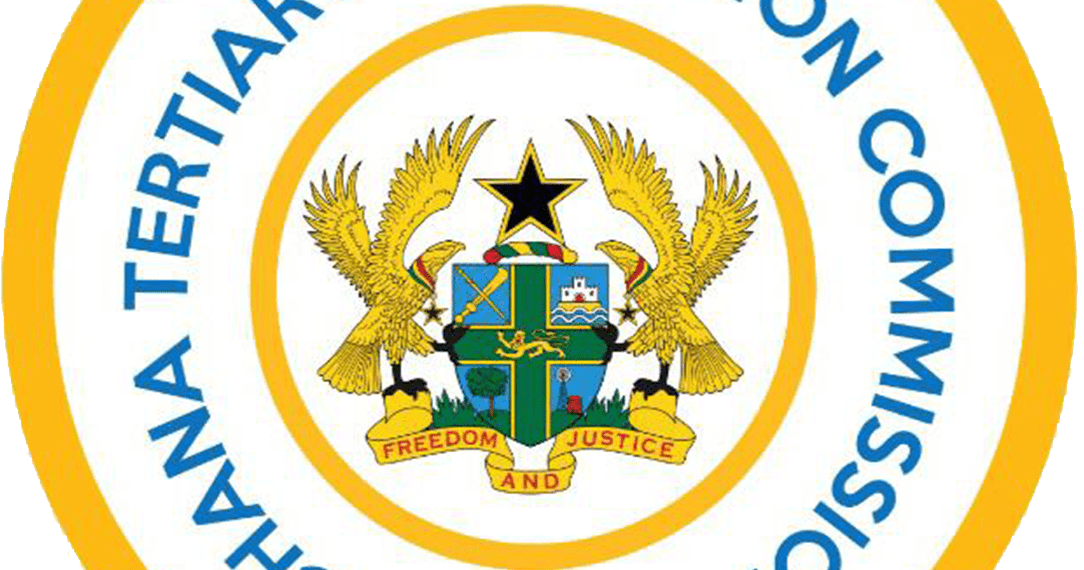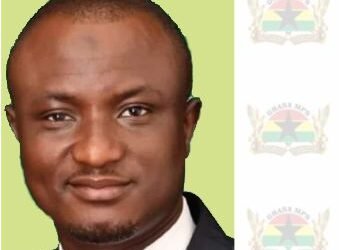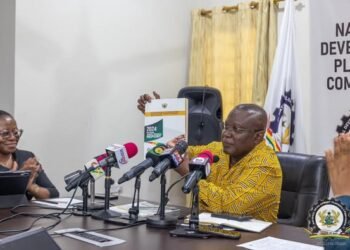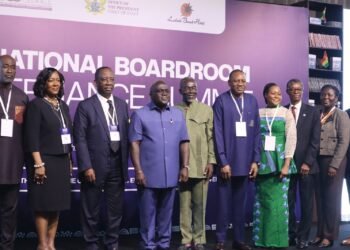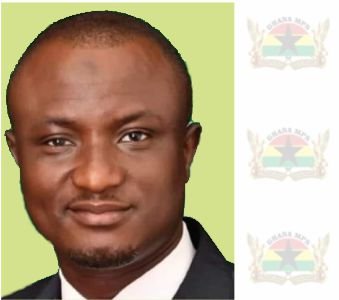Prof. Stephen Kwaku Asare, a legal expert and Democracy and Development Fellow at CDD-Ghana, has called for calm in the ongoing dispute between the Ghana Tertiary Education Commission (GTEC) and the University of Cape Coast (UCC).
According to him, “slowdown, not showdown” should be the guiding principle as the situation unfolds.
This comes after GTEC’s recent decision to freeze accreditation and delist UCC, actions that have sparked concerns of abuse of power and caused widespread unease among stakeholders in Ghana’s education sector.
Prof. Asare’s intervention follows weeks of tension between the two institutions over the tenure of the UCC Vice-Chancellor, a matter that is already before the courts.
“GOGO has urged GTEC to hold its horses, but that advice has fallen on deaf ears. Instead, GTEC has chosen a showdown when what is needed is a slowdown.
“Here are reasons why GTEC must de-escalate immediately: The VC’s tenure dispute is before the courts. By enforcing its own directive, GTEC undermines judicial authority and risks contempt of court.”
Prof. Stephen Kwaku Asare
He further argued that GTEC has overstepped its mandate. The commission was established to regulate quality and standards in tertiary education, not to interfere in the internal governance of universities.
By attempting to dictate university leadership decisions, GTEC is, in his view, straying beyond its lawful powers.
Prof. Asare also described the freezing of accreditation, salaries, and allowances as an example of collective punishment.
He stressed that such actions unfairly penalize students, lecturers, and staff who have no control over the appointment of a Vice-Chancellor.

Moreover, he pointed to the vital principle of academic autonomy, warning that heavy-handed directives from GTEC could erode universities’ ability to govern themselves independently.
“Universities must have room to govern themselves within statute and law,” he emphasized, cautioning that GTEC’s current approach undermines the very foundation of institutional freedom.
GTEC’s Actions Impact Students, Reputation
One of Prof. Asare’s strongest criticisms focused on the disproportionate nature of GTEC’s sanctions.
Delisting UCC and suspending all support, he said, amounts to a “nuclear option.” Even if there were breaches of rules, the punishment must be proportionate rather than destructive.
The legal expert warned that such actions carry severe consequences for Ghana’s international reputation.
UCC, he noted, has a longstanding history and global recognition. By wiping it off the list of public universities, GTEC risks damaging Ghana’s credibility in the global education arena, potentially deterring international partnerships and student recruitment.
Accreditation freezes and financial suspensions, he added, threaten the welfare of current students. Degrees, funding, and research programs are all placed in jeopardy, creating uncertainty for thousands of young people who depend on these systems for their future.

“Accreditation freezes and financial suspensions threaten current students’ degrees, funding, and welfare,” he stressed, underscoring that GTEC’s role should be to protect students rather than endanger their futures.
Prof. Asare also expressed concern over the impact on research and development. The suspension of GETFund allocations and research allowances could bring ongoing projects to a halt, stalling the progress of knowledge creation and innovation in the country.
Perhaps most troubling, he argued, is the precedent being set. If GTEC succeeds in this confrontation, it could normalize arbitrary regulatory overreach in future disputes.
Such a development would open the door to political interference in Ghana’s higher education sector, threatening its independence and stability.
The Path Forward: Dialogue and Cooperation
Despite the escalating tension, Prof. Asare believes there is still a constructive path forward. He urged GTEC to engage in meaningful dialogue and comply fully with the court’s processes rather than bypassing them.
By doing so, the commission can refocus on its rightful role—ensuring quality education standards rather than waging governance battles.

He emphasized the need for power to be exercised with precision and fairness. Effective regulation, he said, must involve measured, lawful, and proportionate tools tied directly to GTEC’s core mandate of accreditation and quality assurance.
Sweeping sanctions that punish innocent parties and undermine judicial authority, on the other hand, constitute overreach rather than regulation.
“Anything less is not regulation; it is overreach. War-war is no way to deal with universities. They cannot be bullied into submission.”
Prof. Stephen Kwaku Asare
His remarks serve as a call for GTEC to prioritize dialogue and collaboration over confrontation, ensuring that the interests of students, lecturers, and Ghana’s higher education system remain protected.
READ ALSO: Nigeria’s Economy Records Fastest Growth In Four Years


